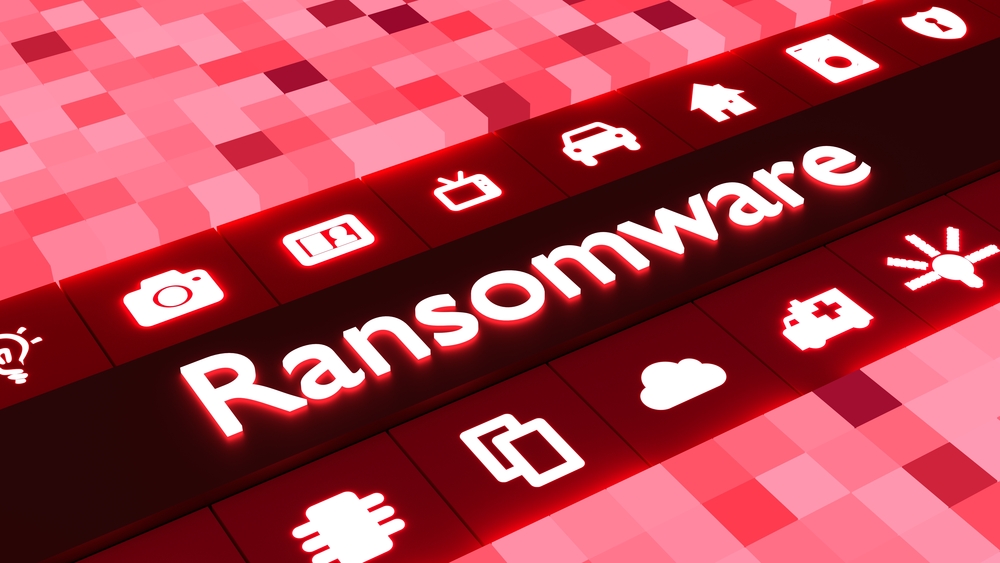30 countries announce crackdown on ransomware payments
Virtual Counter-Ransomware Initiative meeting at White House lays out plans


Over 30 countries have pledged to act against ransomware gangs by blocking the cryptocurrency payment channels they use.
A joint statement issued after the virtual Counter-Ransomware Initiative meetings held this week by the White House National Security Council stated the countries “recognize that ransomware is an escalating global security threat with serious economic and security consequences.”
The statement was issued by government ministers and representatives, including those from the US, the EU, UK, Australia, France, Germany, Canada, Japan, Italy, Mexico, and others. Notably absent from the meetings were the countries of Russia and China.
A separate White House fact sheet said ransomware payments reached over $400 million globally in 2020 and topped $81 million in the first quarter of 2021, illustrating the financially driven nature of these activities.
The statement said the 30 governments recognize the need for urgent action, common priorities, and complementary efforts to reduce the risk of ransomware.
“Efforts will include improving network resilience to prevent incidents when possible and respond effectively when incidents do occur; addressing the abuse of financial mechanisms to launder ransom payments or conduct other activities that make ransomware profitable; and disrupting the ransomware ecosystem via law enforcement collaboration to investigate and prosecute ransomware actors, addressing safe havens for ransomware criminals, and continued diplomatic engagement,” the statement read.
The governments said taking action to disrupt the ransomware business model requires concerted efforts to address illicit finance risks posed by all value transfer systems, including virtual assets, the primary instrument criminals use for ransomware payments, and subsequent money laundering.
Sign up today and you will receive a free copy of our Future Focus 2025 report - the leading guidance on AI, cybersecurity and other IT challenges as per 700+ senior executives
“We acknowledge that uneven global implementation of the standards of the Financial Action Task Force (FATF) to virtual assets and virtual asset service providers (VASPs) creates an environment permissive to jurisdictional arbitrage by malicious actors seeking platforms to move illicit proceeds without being subject to appropriate anti-money laundering (AML) and other obligations," officials said.
"We are dedicated to enhancing our efforts to disrupt the ransomware business model and associated money-laundering activities, including through ensuring our national AML frameworks effectively identify and mitigate risks associated with VASPs and related activities."
The governments added that they would enhance the capacity of national authorities, to include regulators, financial intelligence units, and law enforcement to “regulate, supervise, investigate, and take action against virtual asset exploitation with appropriate protections for privacy, and recognizing that specific actions may vary based on domestic contexts.”
Rene Millman is a freelance writer and broadcaster who covers cybersecurity, AI, IoT, and the cloud. He also works as a contributing analyst at GigaOm and has previously worked as an analyst for Gartner covering the infrastructure market. He has made numerous television appearances to give his views and expertise on technology trends and companies that affect and shape our lives. You can follow Rene Millman on Twitter.
-
 WatchGuard Firebox T185 review
WatchGuard Firebox T185 reviewReviews The Firebox T185 offers a superb range of security measures, smart cloud management, and good performance at a competitive price point
-
 Why digital resilience now belongs in the channel boardroom
Why digital resilience now belongs in the channel boardroomIndustry Insights Digital technologies are placing increased responsibility on channel boardrooms
-
 Everything we know so far about the Nike data breach
Everything we know so far about the Nike data breachNews Hackers behind the WorldLeaks ransomware group claim to have accessed sensitive corporate data
-
 There’s a dangerous new ransomware variant on the block – and cyber experts warn it’s flying under the radar
There’s a dangerous new ransomware variant on the block – and cyber experts warn it’s flying under the radarNews The new DeadLock ransomware family is taking off in the wild, researchers warn
-
 Salt Typhoon attack on US congressional email system ‘exposes how vulnerable core communications systems remain to nation-state actors’
Salt Typhoon attack on US congressional email system ‘exposes how vulnerable core communications systems remain to nation-state actors’News The Salt Typhoon campaign marks the latest in a string of attacks on US government communications networks
-
 Hacker offering US engineering firm data online after alleged breach
Hacker offering US engineering firm data online after alleged breachNews Data relating to Tampa Electric Company, Duke Energy Florida, and American Electric Power was allegedly stolen
-
 Cybersecurity experts face 20 years in prison following ransomware campaign
Cybersecurity experts face 20 years in prison following ransomware campaignTwo men used their tech expertise to carry out ALPHV BlackCat ransomware attacks
-
 15-year-old revealed as key player in Scattered LAPSUS$ Hunters
15-year-old revealed as key player in Scattered LAPSUS$ HuntersNews 'Rey' says he's trying to leave Scattered LAPSUS$ Hunters and is prepared to cooperate with law enforcement
-
 The Scattered Lapsus$ Hunters group is targeting Zendesk customers – here’s what you need to know
The Scattered Lapsus$ Hunters group is targeting Zendesk customers – here’s what you need to knowNews The group appears to be infecting support and help-desk personnel with remote access trojans and other forms of malware
-
 Impact of Asahi cyber attack laid bare as company confirms 1.5 million customers exposed
Impact of Asahi cyber attack laid bare as company confirms 1.5 million customers exposedNews No ransom has been paid, said president and group CEO Atsushi Katsuki, and the company is restoring its systems
